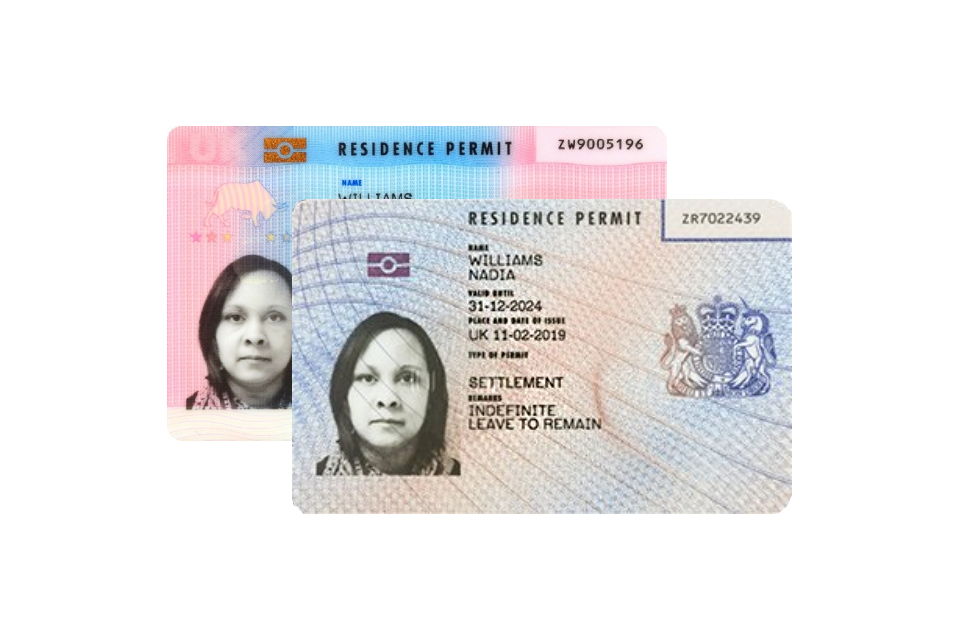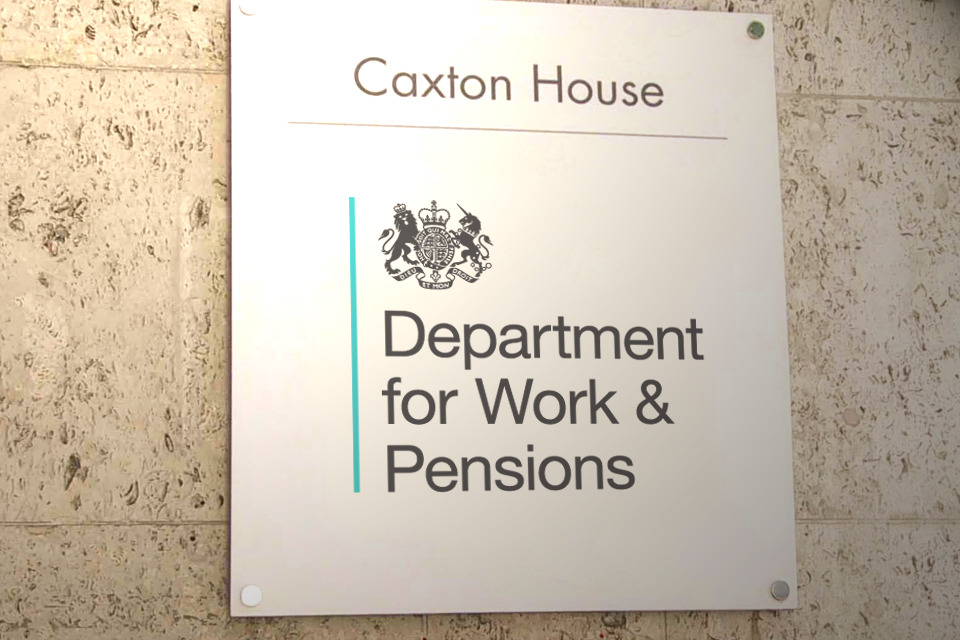Most council leaders are confident in their digital approach, but less than a third of the public agree, according to a PwC survey.
The sixth annual State We’re In survey, which was carried out between January and April this year, found that councils’ confidence in their digital plans was on the up.
Some 76% of chief executives and 74% of leaders said their council was embracing the opportunities new technologies offers – up from 60% and 70%, respectively, in last year’s survey.
However, just 23% of the public felt similarly, a drop from 28% in 2015. Public satisfaction with digital access to council services also fell slightly, from 38% in 2015 to 37% in 2016.
Related content
Delivering on digital
Public sector bosses admit digital gamble
There was also a drop in the number of people wanting to interact with their council in person or over the phone, but this trend was not accompanied by an increased interest in online services, which remained steady at 39%.
The report’s authors urge councils to adopt innovative approaches in their leadership and digital strategies, and actively champion digital participation in both their own workforce and in the community.
They reiterated recommendations made in PwC’s March report Beyond Control. This said that councils should consider changing their management cultures in order to establish a more creative and agile workforce and pay better attention to skills and training.
PwC noted that the speed at which changes in digital technologies are taking place, saying that those at the forefront were “beginning to realise the true value of actively championing digital participation”, but that those who weren’t risked being left behind.
“Councils that do not shift quickly to an effective model of participation, will lose the ability to make a positive impact in their areas,” it stated. “The pace of change in a digital era sounds a warning to local government to move swiftly if it is to remain relevant in a digital age.”
Councils should also build up their capacity in data and analytics, the report said, particularly in light of the finding in this year’s survey that just 41% of council leaders and chief executives said they used data to inform decision-making.
Of this 41%, around three-quarters use data held in council-controlled databases, while just a third used unstructured data, such as that available through social media or search engines.
Moreover, councils face a problem with trust: just 30% of the public said they trusted their council to handle their data and information appropriately, a drop from 34% in 2015.
Broadly speaking, the report cast a positive light on the state of local government, saying that councils are “looking to the future with a sense of confidence in their ability to deliver on an ambitious agenda”, despite continued austerity.
However, despite two-thirds of leaders and chief executives saying they were confident they could deliver the necessary savings for the coming year, this fell to under a third when considering the next three years, and just 18% for the next five years.
In addition, more than half thought that some local authorities would get into serious financial trouble in the next year, rising to 85% when looking at the next five years.
Meanwhile, the public has become less accepting of the need to make reductions or close services – falling from 47% in 2011, when the first survey was carried out, to 31% in 2016.
PwC said the survey took in the opinions of council leaders and chief executives across the country, and of a representative sample of more than 2,000 members of the public.
Image credit: Flickr. Anxious Athlete Waiting at Starting Line, by CS productions.



